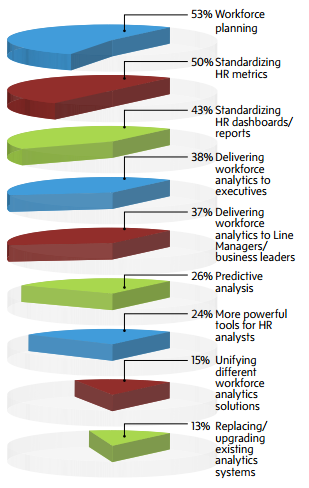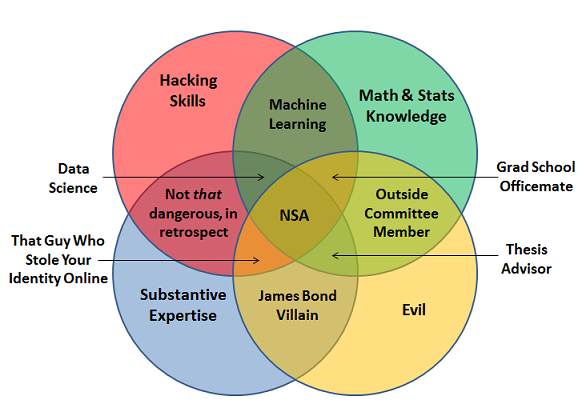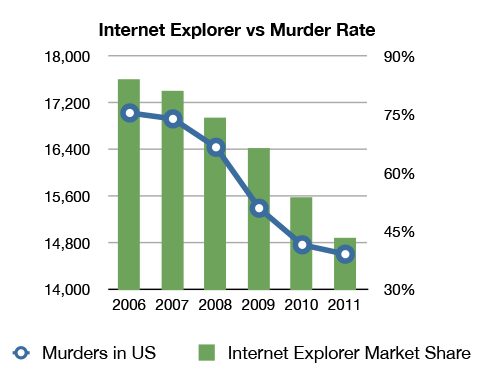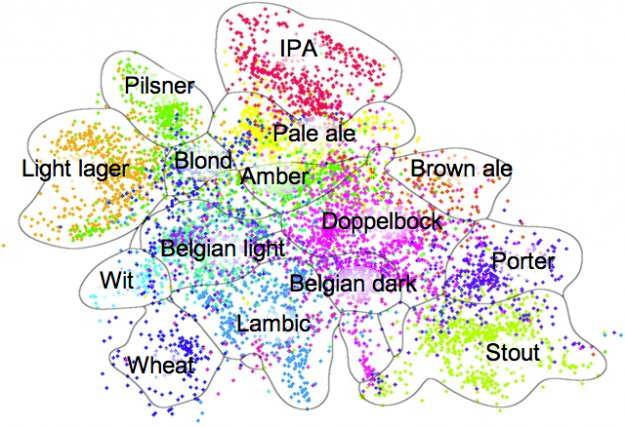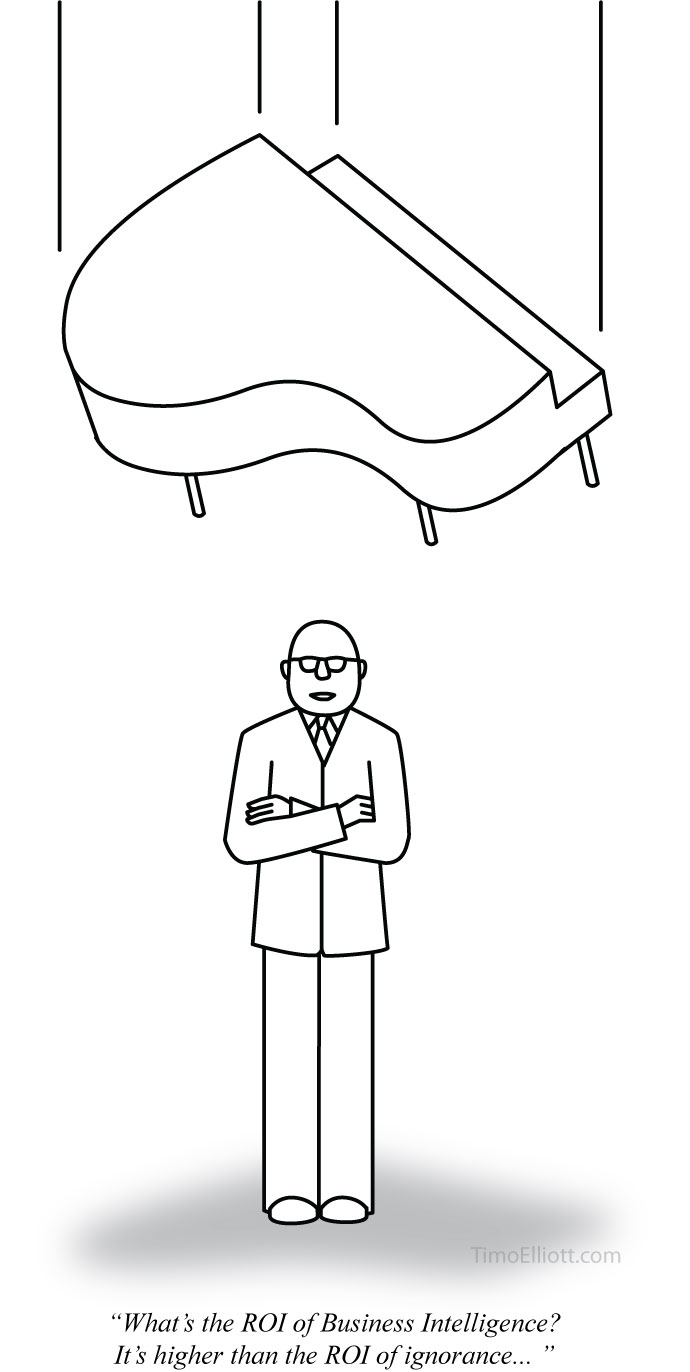Searching for “Biscuit Bliss,” a book of biscuit recipes, also had the result:
People also search for
The Glory of Southern Cooking James Villas
The Bacon Cookbook James Villas
Texas home cooking Cheryl Jamison
The Joy of Pregnancy
Pie Ken Haedrich
If I were writing associations for “Biscuit Bliss,” pie would not make the list.
Bacon I can see because it is a major food group along side biscuits.
I suppose the general cooking books are super-classes of biscuit making.
Some female friends have suggested eating is associated with pregnancy.
True, but when I search for “joy of pregnancy,” it doesn’t suggest cookbooks in general or biscuits in particular.
If there is an association, is it non-commutative?*
Suggested associations of biscuits with pregnancy? (mindful of the commutative/non-commutative question)
* I am not altogether certain what a non-commutative association would look like. Partial ignorance from a point of view?
One player in the association having knowledge of the relationship and the other player does not?
Some search engines already produce that result, whether by design or not I don’t know.

